Metallurgical Terms Explained Clearly and Professionally
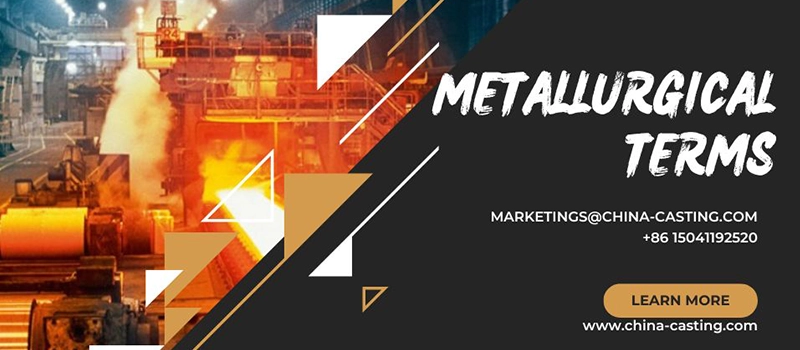
This encyclopedia of Metallurgical Terms provides a structured and authoritative reference covering fundamental principles, physical and mechanical properties, chemical composition, metallurgical processes, defect analysis, inspection methods, and advanced metallurgical science. These Metallurgical Terms form the essential technical language for metallurgy, materials engineering, manufacturing control, and quality assurance, ensuring precise communication and reliable industrial performance.
Penetrant Inspection Guide: Powerful and Reliable
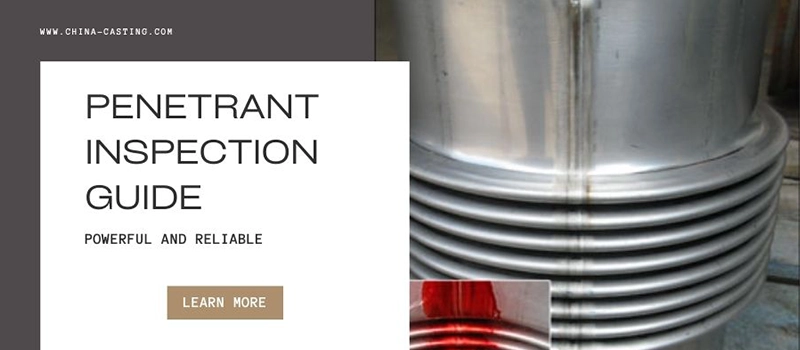
This article explains penetrant inspection from a technical perspective, covering its scientific principles, inspection techniques, industrial applications, process control steps, and method selection criteria. It provides a clear understanding of how penetrant inspection ensures reliable surface defect detection in manufacturing and engineering environments.
Tin Bronze: Powerful Industrial Benefits and Advantages
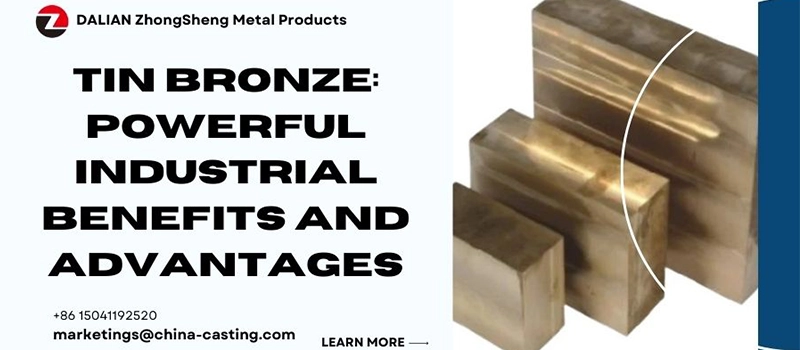
Tin bronze is a copper–tin alloy widely used in industrial manufacturing due to its strength, wear resistance, corrosion stability, and casting reliability. This article explains its composition, mechanical properties, key applications, and comparison with other bronze alloys, helping engineers and manufacturers understand why tin bronze remains a dependable material in demanding environments.
Refractory Metals: Powerful Properties and Advantages
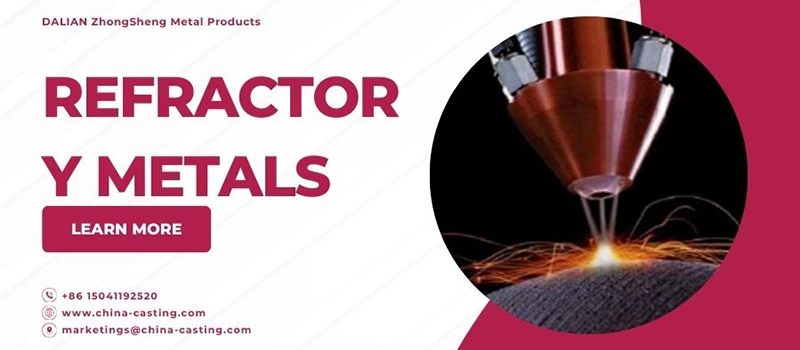
Refractory metals are high-performance materials known for exceptional melting points, strength at elevated temperatures, and long-term structural stability. This article explores the characteristics, common types, industrial applications, advantages, and manufacturing processes of refractory metals, highlighting their critical role in extreme engineering environments.
Aluminum Bronze Properties and Powerful Industrial Benefits
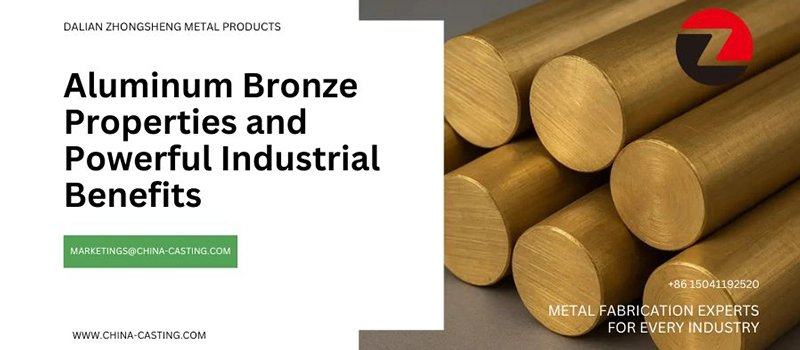
Aluminum Bronze is a high-performance copper-based alloy known for exceptional strength, corrosion resistance, and wear durability. This article explains its composition, mechanical properties, industrial applications, advantages over other alloys, and fabrication methods used in demanding environments such as marine, mining, petrochemical, and heavy machinery industries.
History of Iron: How This Metal Truly Shaped Human Progress?
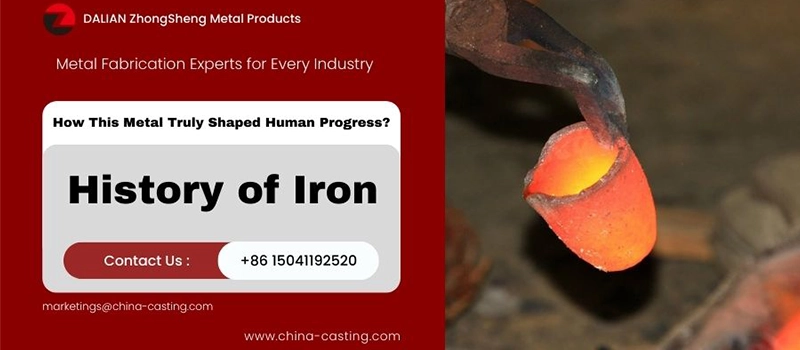
This article provides a structured and objective overview of the history of iron, tracing its discovery, early recognition, and evolving role in ancient civilizations, agriculture, warfare, and industry. It explains how iron production techniques developed over time and why iron remains a foundational material in modern construction and manufacturing.
History of Copper: From Early Discovery to Modern Industry
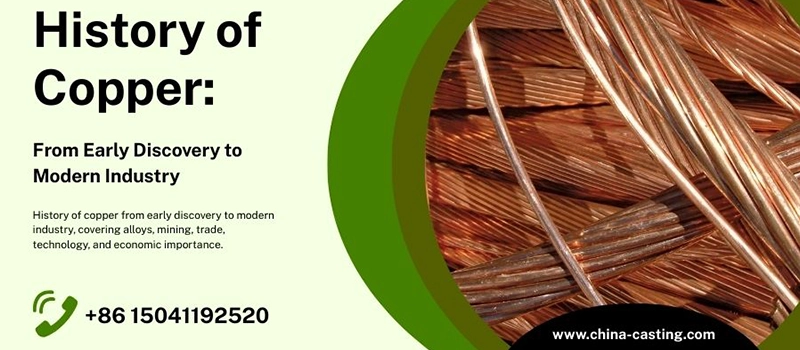
This article explores the history of copper, tracing its development from early human discovery and alloy innovation to its role in ancient civilizations, industrial production, modern technology, global trade, and long-term economic importance.
Types of Sand Used in Casting: 3 Proven Casting Methods

This article explains the types of sand used in casting from a technical and objective perspective. It introduces three proven sand systems used in metal casting and analyzes their key characteristics, including refractoriness, strength, permeability, collapsibility, and system stability, to support reliable sand casting performance.
Ferrous Metals: Best Complete Guide for Industry

This article explains ferrous metals from an industrial perspective, including their definition, main types, material properties, common uses, advantages, limitations, and recycling systems, providing a clear foundation for material selection in manufacturing and industry.

